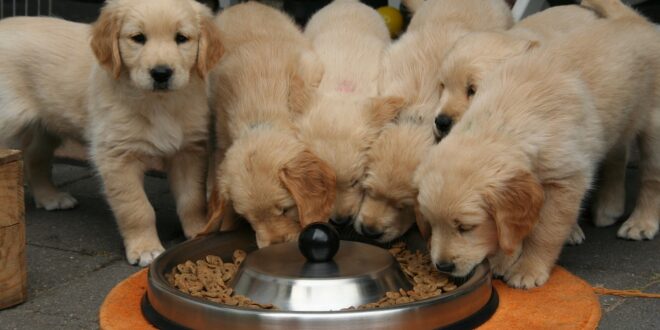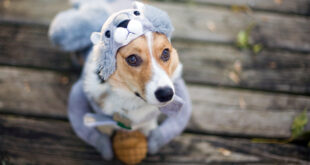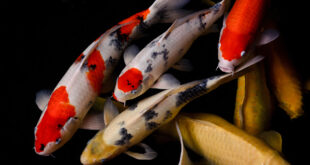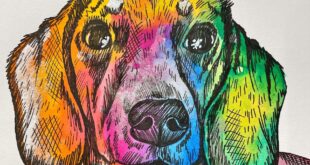Throughout history up to this day, dogs were fed the remains of human food. However, if you want to ensure your dog remains healthy, you should feed them only what is best for their system.
You can check the list of some of the best dog food here on Pumpkin Care.
A delicious snack from time to time is still allowed, as long as it does not negatively affect their health.
However, some forbidden foods are so toxic that they can cause serious health problems or even the death of your beloved companion.
If you have a dog, it is essential to know which foods are safe and which ones they should avoid.
If you are looking for more ways to keep your dog safe, click here for additional information. Should your faithful friend eat something that they should not, it is advisable to contact the vet immediately.
They will need to know how long ago your dog ingested the food and how much. This information is decisive in selecting the type of treatment.
Here we will show you seven harmful foods you should never feed your dog.
Table of Contents
1. Avocado
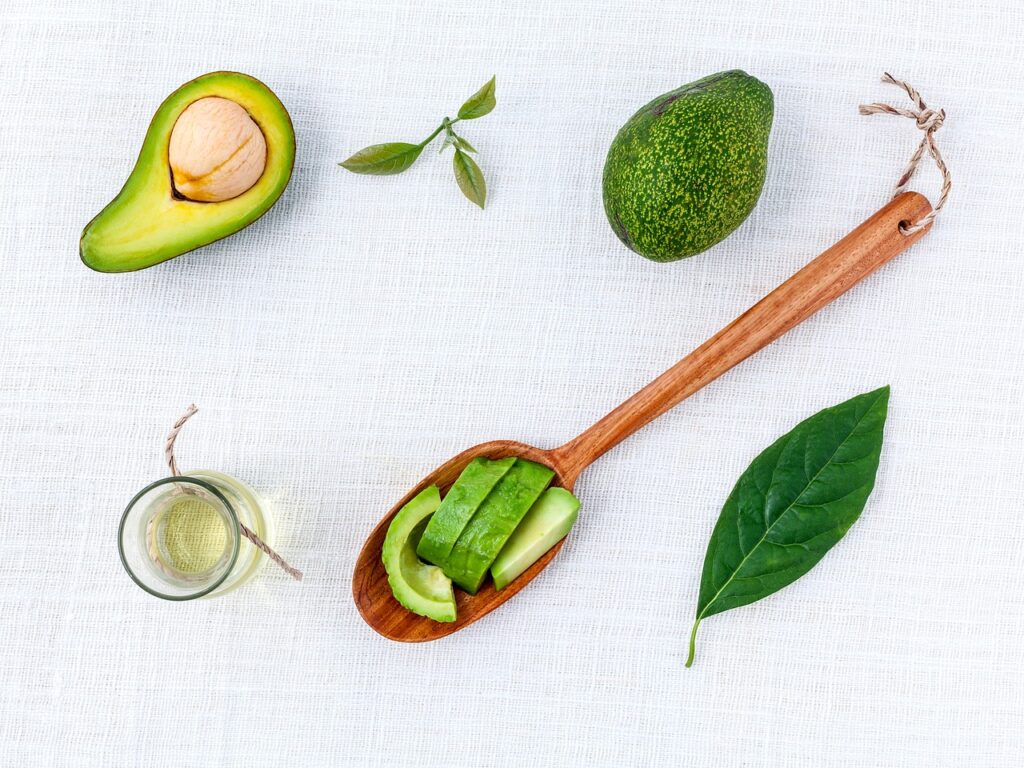
The consumption of avocados is excellent for human health. However, it can be very harmful to dogs.
Some avocados contain persin, a fatty acid derivative that is harmless to people but toxic to almost all pets. Symptoms of persin poisoning are shortness of breath, diarrhea, vomiting, and coughing.
2. Alcohol
Alcohol affects the human brain and liver. Everyone reacts differently depending upon their sensitivity, size, and other factors.
Dogs are no different, except for the fact that it takes a lot less alcohol to hurt them. Even a little bit of wine, beer, or other types of liquor, can cause breathing problems, diarrhea, vomiting, and even death.
3. Chocolate

Chocolate is one of the quintessential forbidden dog foods. It is highly toxic to dogs because of its theobromine content.
The concentration of this compound varies according to the type of chocolate; it is lower in white chocolate and higher in dark chocolate.
However, it would help if you never gave your dog any chocolate, no matter the concentration of theobromine.
Symptoms of poisoning can be breathing difficulties, disturbances of consciousness, diarrhea, vomiting, fever, seizures, and cardiac arrhythmia.
4. Grapes
Grapes, and therefore raisins, are also harmful to dogs. Signs of intoxication may appear from an intake of 10 grams of grapes or 2.8 grams of raisins per kilo of body weight.
Signs of grape poisoning can include vomiting or diarrhea, intestinal tract problems, listlessness, poor appetite, changes in blood levels, dehydration, and even fatal kidney failure.
5. Bones and Fat Trimmings
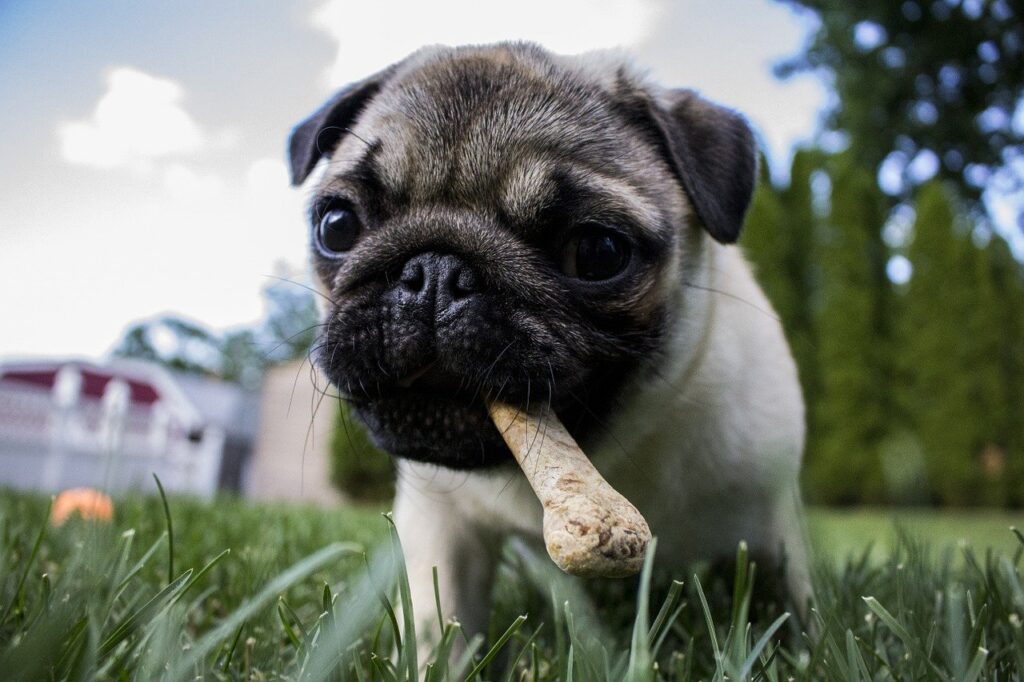
Many people think they are treating their dogs when they give them the fat trimmed from the meat they eat.
Unfortunately, too much fat causes pancreatitis in dogs. It’s best to avoid sharing your meal scraps.
It is well-known that dogs love bones. However, because they can splinter and break, bones can cause dogs to choke on broken pieces and cut up their digestive system.
6. Onion
Onions contain thiosulfate, which can cause dogs to develop anemia. They can damage the blood cells of dogs, which can leave animals very weak.
If a large quantity is consumed, the animal may even need a blood transfusion. It does not matter if they are raw, roasted, cooked, or dried; keep onions out of your dog’s diet.
7. Garlic
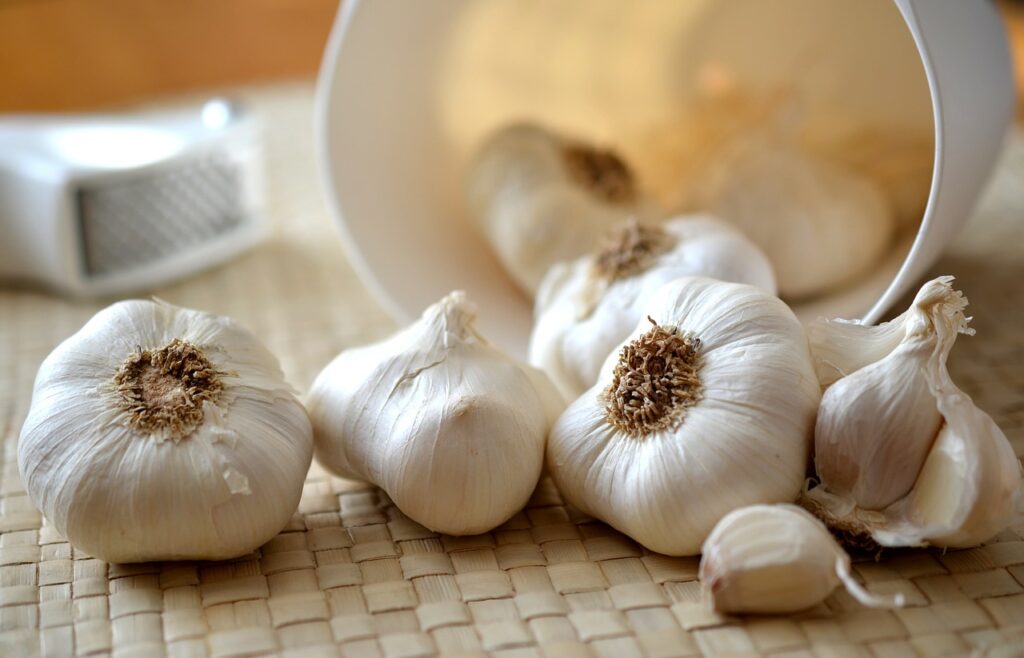
Like an onion, garlic can destroy the animal’s red blood cells. The stronger the garlic, the more toxic it will be.
It belongs to the same family as onions, but garlic is more potent; that is, the level of toxicity is higher.
The effects of garlic will not appear immediately. Over time, the dog’s urine will be orange to deep red.
In some cases, garlic can even cause anemia and kidney failure due to the loss of hemoglobin.
8. Nuts
Nuts, especially peanuts, macadamia nuts, unripe walnuts, and black walnuts, are not suitable for dogs.
Their ingestion can cause seizures or epileptic convulsions, vomiting, tremors, and muscular or nervous spasms.
9. Fruit Seeds and Pits
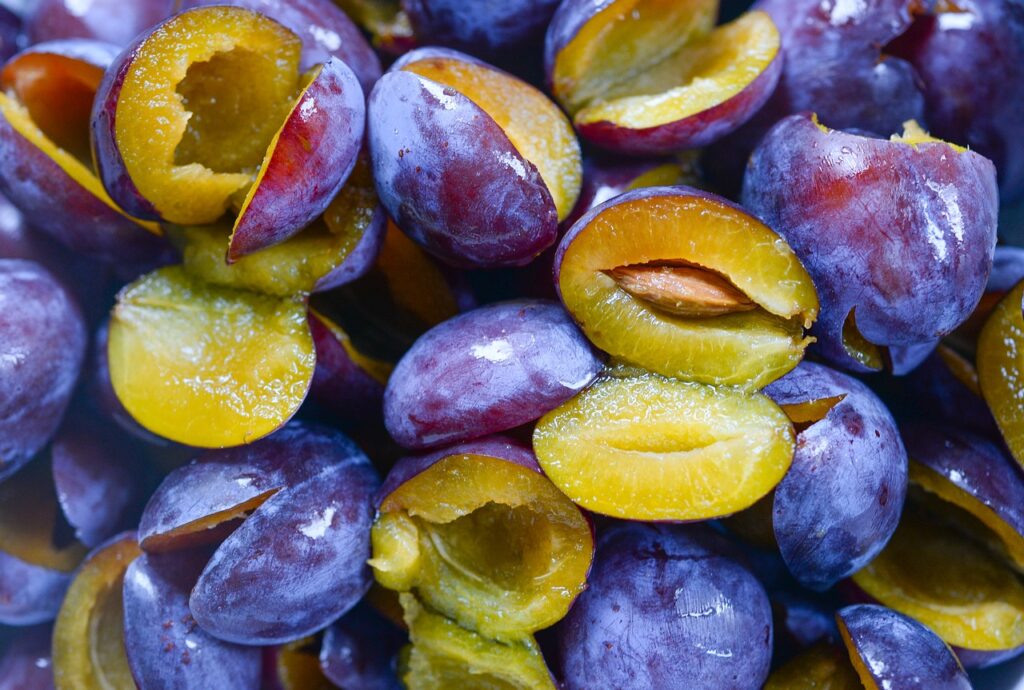
The pits and seeds from some fruits such as peaches and plums are hazardous for a dog’s small intestine by causing a blockage.
Additionally, plum and peach pits contain cyanide which is poisonous to dogs and humans. We know not to eat them, but dogs don’t.
Be careful to throw out the pits from the fruit you eat so that your dog can’t inadvertently get hold of them.
10. Dairy Products
Some dog owners like to share their ice cream with their pups on a hot summer day. However, it would be better to avoid this temptation.
Dairy and other milk-based products can trigger food allergies and cause other digestive issues for dogs.
11. Coffee

Some people believe that they can give their dogs a little bit of coffee in the morning to wake them up without knowing that caffeine can kill the animal.
Coffee contains a stimulant called methylated xanthine. This substance attacks the nervous system, causing vomiting, agitation, and heart palpitations. The toxicity can be so bad that it becomes fatal.
12. Xylitol
Many human foods and products, such as baked goods, gum, toothpaste, and candy are made with Xylitol, a food additive that is used as a sweetener.
However, in dogs, Xylitol can cause their blood sugar to drop to a dangerous level resulting in liver damage.
If your dog develops symptoms, such as lack of coordination, lethargy, and vomiting, they might have ingested food or product containing this harmful substance and requires a visit to the vet.
Don’t wait too long if you see any of the above symptoms in your dog, as liver failure can occur in just a few short days.
Protect Your Dog
We all love our dogs as they are members of our family. Dog owners do whatever they can to keep their pups safe, healthy, and happy.
Now that you know the most dangerous foods for your dog’s health, do not even think about giving your pet any of the foods to try.
There are many other suitable and very nutritious foods that can be part of their diet or a simple snack.
Read Also:
Fish Oil For Dogs: Everything You Need To Know
 World Magazine 2024
World Magazine 2024
